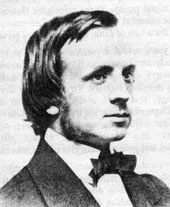Siennicki, Mikolaj
If your browser cannot read Polish characters, click here.
Mikołaj Siennicki (ca. 1520-1581) was an outstanding politician and orator who played an instrumental role in the passage of Poland’s 1573 religious toleration law. Elected to almost every Diet (Sejm) during his lifetime he was elected Speaker of the House (Marszałek Sejmu) nine times, a record unsurpassed in the Polish-Lithuanian Commonwealth (Rzeczpospolita Obojga Narodów).…
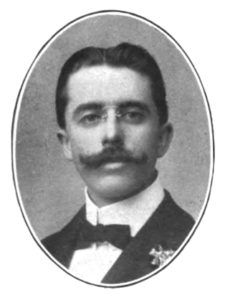
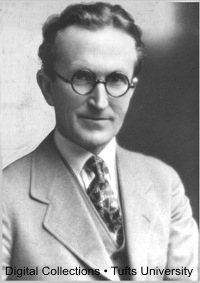
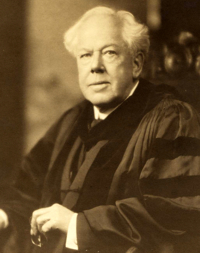
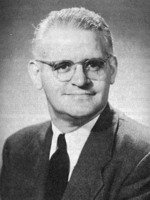
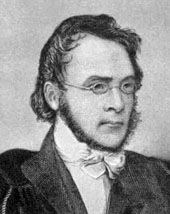 Orestes Augustus Brownson (Sept. 16, 1803-April 17, 1876) as a maverick Universalist and Unitarian minister, then an independently-minded journalist, essayist, and critic, was a wide-ranging commentator on politics, religion, society, and literature with connections to the Transcendentalist movement. Disillusioned with liberal religion and radical politics, in 1844 he converted to Roman Catholicism and became a Catholic intellectual, a constitutional conservative, and a fierce critic of Protestantism.…
Orestes Augustus Brownson (Sept. 16, 1803-April 17, 1876) as a maverick Universalist and Unitarian minister, then an independently-minded journalist, essayist, and critic, was a wide-ranging commentator on politics, religion, society, and literature with connections to the Transcendentalist movement. Disillusioned with liberal religion and radical politics, in 1844 he converted to Roman Catholicism and became a Catholic intellectual, a constitutional conservative, and a fierce critic of Protestantism.…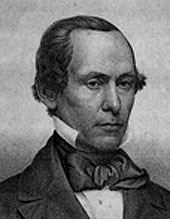
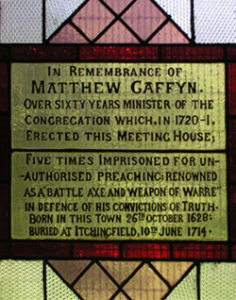 Matthew Caffyn (bap. October 26, 1628, bur. June 1714), an important early British General Baptist preacher and evangelist, was an influential antitrinitarian.
Matthew Caffyn (bap. October 26, 1628, bur. June 1714), an important early British General Baptist preacher and evangelist, was an influential antitrinitarian.